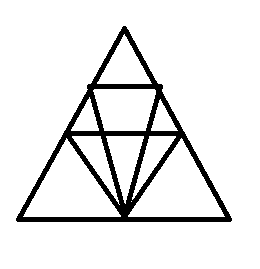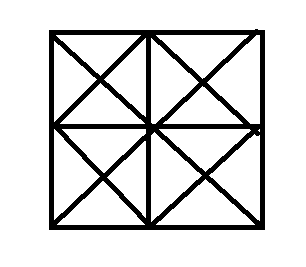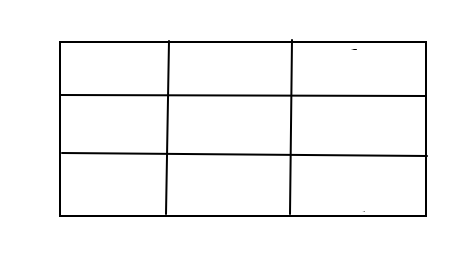जॉइन Examsbook
कथन
सभी ताले, घड़ियाँ हैं।
सभी घड़ियाँ, चाबियाँ हैं।
केवल कुछ चाबियाँ, दरवाजे हैं।
निष्कर्ष
I. कुछ दरवाजे, घड़ियाँ हैं।
II. सभी चाबियाँ कभी भी ताले नहीं हो सकती हैं।
Direction: In the question below are given three statements followed by two conclusions. You have to take the given statements to be true even if they seem to be at variance with commonly known facts. Read all the conclusions and then decide which of the given conclusions logically follows from the given statements disregarding commonly known facts.
प्र:
कथन
सभी ताले, घड़ियाँ हैं।
सभी घड़ियाँ, चाबियाँ हैं।
केवल कुछ चाबियाँ, दरवाजे हैं।
निष्कर्ष
I. कुछ दरवाजे, घड़ियाँ हैं।
II. सभी चाबियाँ कभी भी ताले नहीं हो सकती हैं।
- 1केवल I अनुसरण करता है।false
- 2केवल II अनुसरण करता है।false
- 3या तो I या II अनुसरण करता है।false
- 4दोनों I और II अनुसरण करते हैंfalse
- 5न तो I न ही II अनुसरण करता हैtrue
- उत्तर देखें
- Workspace




